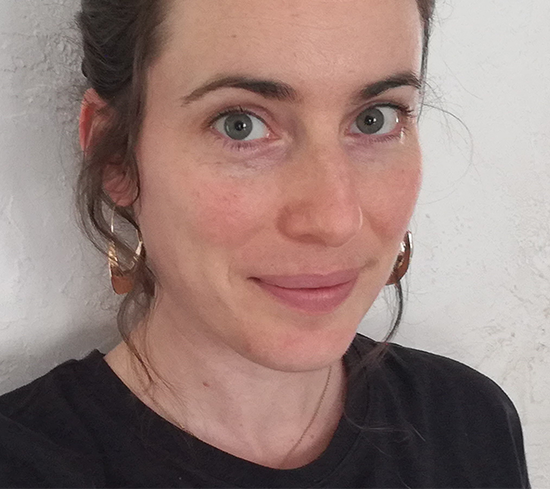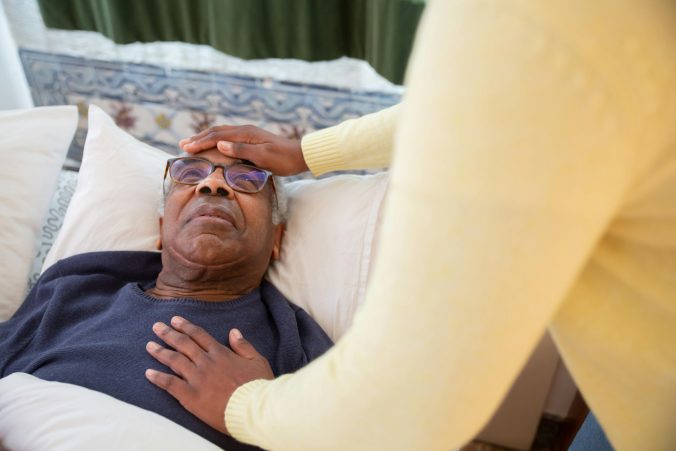Many healthcare professionals who work in nursing report that they experience a sense of dehumanization in their work. Although this is an increasingly recognized problem, it is still unclear how it manifests itself in practice and should be addressed. Previous studies indicate that the experience of dehumanization is often linked to excessive workload, lack of institutional support, and growing bureaucratization of medical care. As healthcare becomes more standardized and protocol-driven, nurses find themselves constrained by rigid structures that limit their ability to provide personalized and compassionate care. Over time, these conditions contribute to professional exhaustion, a loss of meaning in work, and in some cases, institutional mistreatment that is not intentional but arises as a byproduct of a dysfunctional organization of work.
The ethical implications of this phenomenon are significant. Respecting the dignity of both healthcare professionals and patients is fundamental to medical ethics, but this principle is increasingly challenged by current working conditions. The erosion of humanity in nurse-patient interactions not only affects the emotional well-being of nurses but also impacts the quality of care itself. Studies have shown that depersonalization in healthcare settings is associated with higher rates of medical errors. Furthermore, institutions bear a collective responsibility to ensure ethical working conditions, providing nurses with the necessary resources and support to maintain both their professional integrity and personal well-being.
Dehumanization of care is one of the topics of Marie-Charlotte Mollet’s soon-to-be completed dissertation at Paris Nanterre University. In one of her most recent studies, 263 French nurses, working in a variety of healthcare settings (public, private, nursing homes), were surveyed regarding factors related to their working conditions. They answered questionnaires about their workload, emotional demands, and organizational dehumanization. They also answered questions about their mental states, psychological flexibility, psychological distress, stress, and burnout. They moreover provided sociodemographic data on age, seniority, and gender.
In the analysis of the data, gender was found to be a relevant factor, raising new questions about dehumanization. For example, a significant difference between men and women was observed regarding dehumanization of patients: male nurses dehumanize patients more than female nurses do. This difference was measured by having study participants answer questions about “depersonalization” in a psychological assessment instrument for burnout (Maslach Burnout Inventory). Marie-Charlotte Mollet’s work thus suggests that dehumanization in healthcare needs to be examined through a gendered lens. For example, several studies have demonstrated that female nurses often face different expectations than their male counterparts, especially when it comes to emotional labor. Female nurses are more often expected to show empathy and provide emotional support, which places an additional burden on them and increases their vulnerability to burnout.
Addressing challenges related to dehumanization requires serious rethinking of the ethical and institutional frameworks of healthcare. Systemic reforms are necessary to uphold humanistic values and ethical standards in medical practice and to ensure that nurses are not merely treated as functional units within an overburdened system. Empirically informed reflection on equity, recognition, and gender in nursing is crucial to fostering a more sustainable and just profession; one where both patients and nurses are treated with the dignity they deserve. It is in the context of this need for well-founded reflection on the working conditions of nursing that this study and similar research efforts should be understood and considered: for the nurses’ own sake but also for the well-being of the patients and the quality of the care they receive.
This post is written by…

Sylvia Martin, Clinical Psychologist and Senior Researcher at the Centre for Research Ethics & Bioethics (CRB).

Marie-Charlotte Mollet, PhD student at Paris Nanterre University.
Ethics needs empirical input








Recent Comments